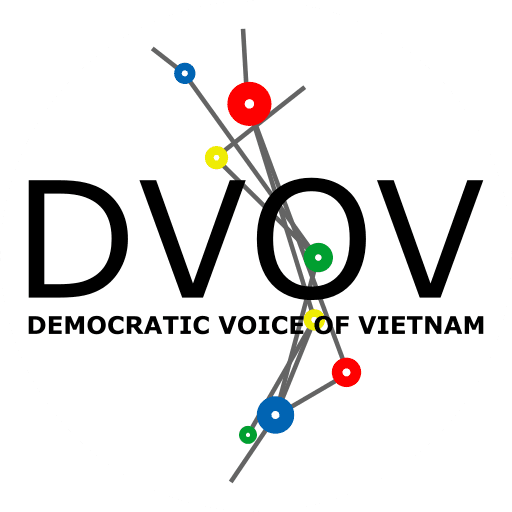by Nguyen Dinh Thang, PhD
The government of Vietnam has made clear that it does not have the political will to combat human trafficking. Rather, the Vietnamese government’s solution to trafficking problems is to:
(1) attack the messengers who bring the bad news,
(2) intimidate the trafficking victims and potential victims so that no further information will get out, and
(3) hinder contact between rescued victims and destination country law enforcement or non-governmental organizations (NGOs).
On Feb 15, 2011 the Bureau of Overseas Work Management issued a circular instructing labor export companies to exert tighter control of Vietnamese migrant workers, to prevent any contact between workers and anti-trafficking in persons (TIP) organizations, and to settle “disputes” between the aggrieved employees and the factory owners expeditiously. Similar admonitions appeared in an April 3, 2012 article in the People’s Army Journal, the official organ of the Vietnamese People’s Army. Both the circular and the article make it clear that the Vietnamese government’s response to numerous credible reports of human trafficking in its labor export program is to escalate the war against anti-TIP organizations and TIP victims. The idea of fixing the underlying problems is not even raised in the article.
Recent changes in the standard contracts that migrant workers must sign appear to heighten emphasis on hiding the problems: Workers are now warned not “to fabricate stories to defame or distort the truth about the policy of the Vietnamese government; pass around information about [the labor export company] without evidence, without respect for the Vietnamese community; [join] illegal organizations that the [destination country’s] law or the Vietnamese law does not approve; hold a strike or mobilize, threaten, entice others to hold a strike contrary to the law…”
Vietnamese embassies continue to display the same pattern of obstructing justice. In the recent case of 42 Vietnamese women and 3 Vietnamese men rescued in Malaysia, the Vietnamese embassy explicitly requested the Malaysian government not to allow NGOs access to the rescued victims, threatening that any such access could sour the relationship between the two countries. The Vietnamese women were then repatriated quickly, even before the Malaysia government could determine whether they were victims of human trafficking.
One key victim/witness, Ms. Phuong-Anh Vu, has received multiple threats. Her loved ones who are still in Vietnam have been targeted by the government.
Not a single case of labor trafficking under the labor export program has been investigated, let alone prosecuted. Labor export companies implicated in TIP cases, including those featured in the TIP reports, continue do business as usual.
Vietnam clearly belongs on Tier III of the U.S. State Department’s annual Trafficking in Persons Report, the category reserved for countries whose governments make no serious efforts to eliminate human trafficking.
